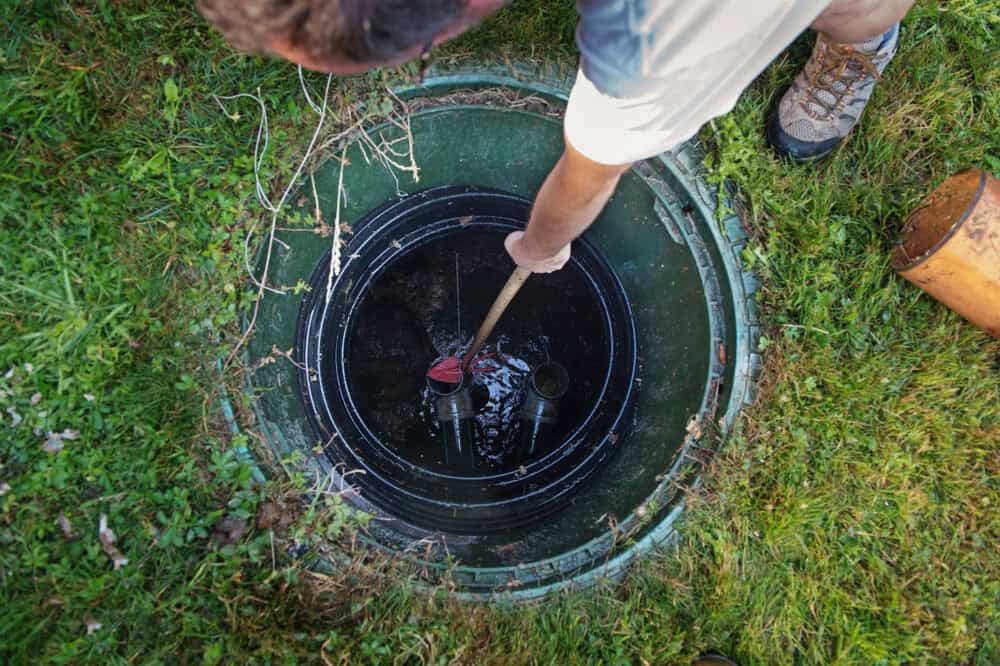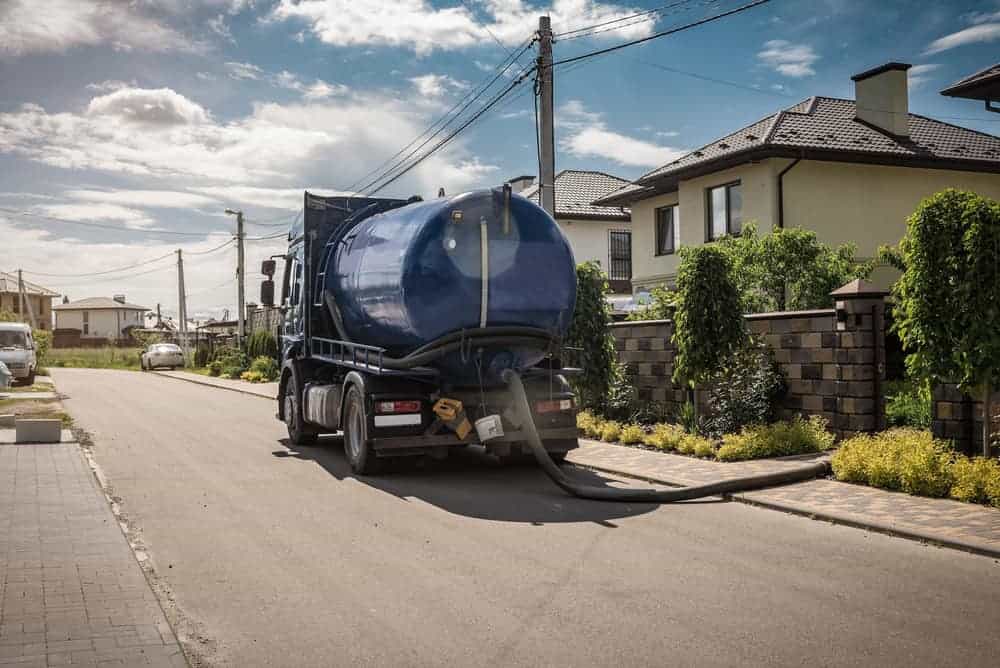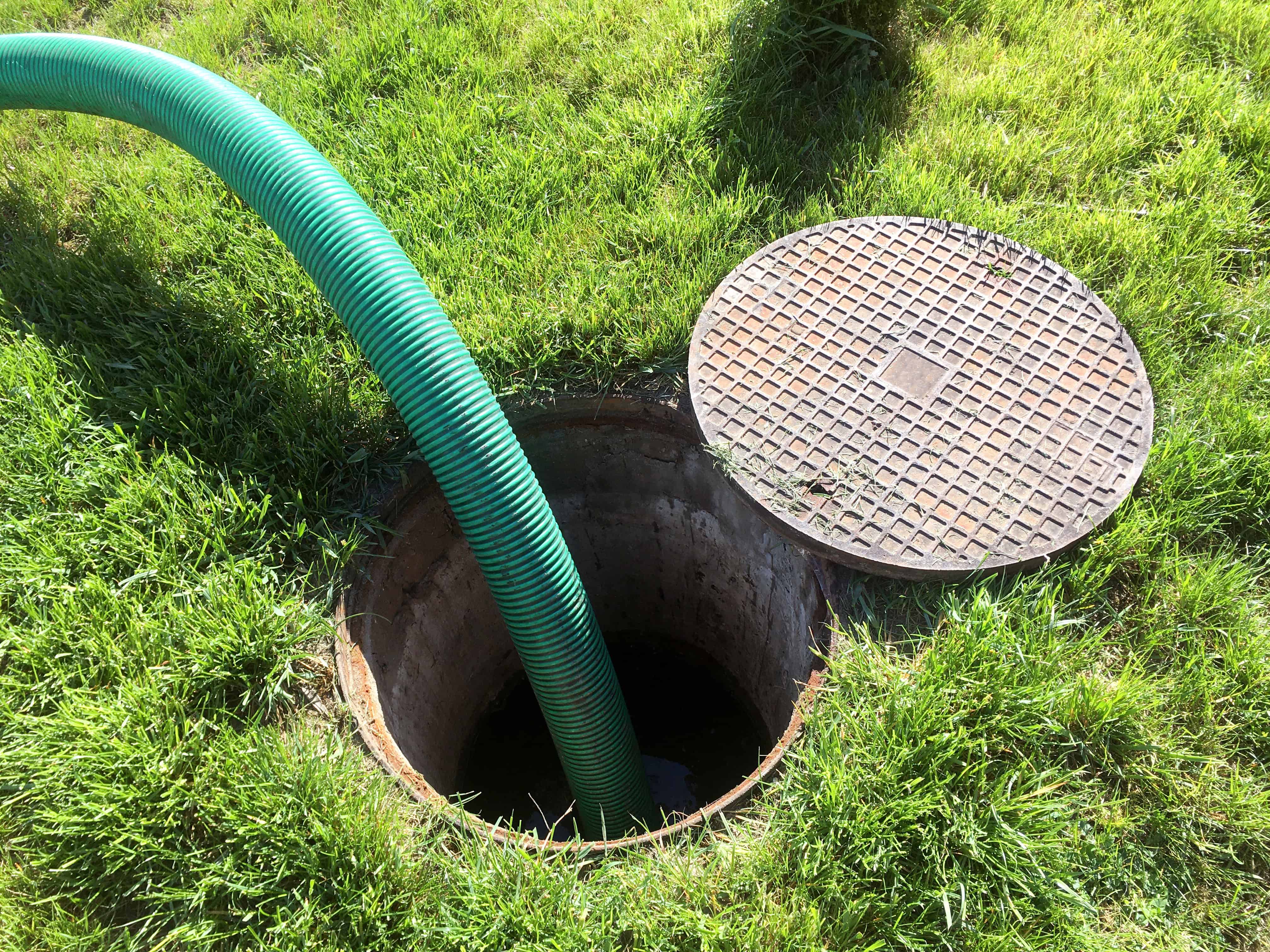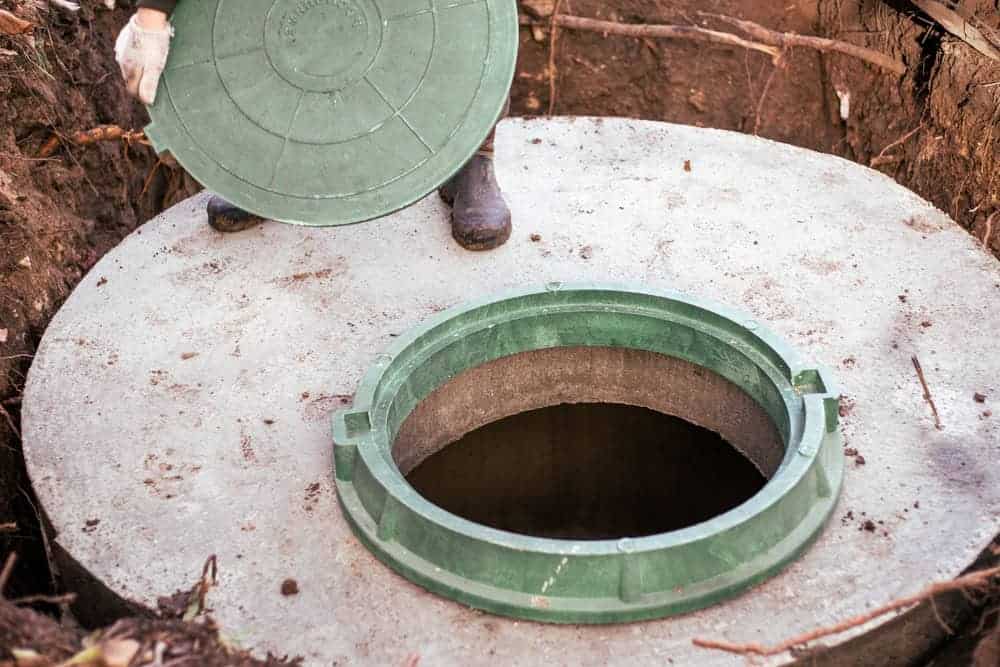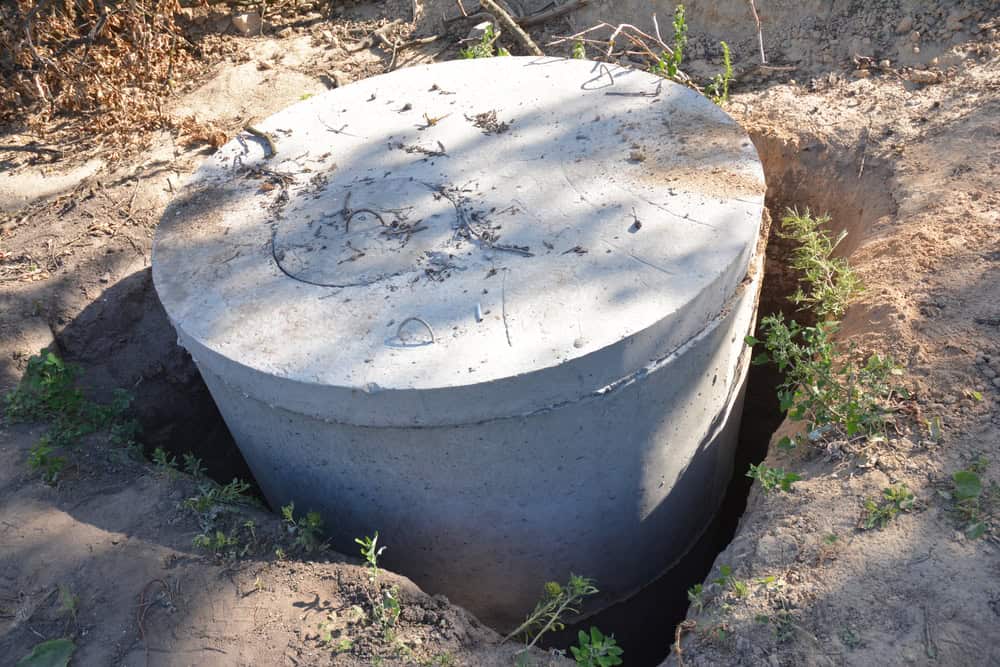Summary:
How Your Septic System Affects The Environment
Septic systems are designed to treat waste naturally. When properly maintained, they prevent harmful substances from contaminating groundwater and ecosystems. Beneficial bacteria break down waste, promoting a healthy ecosystem within your septic system. Contact us today to get your septic system clean to avoid health risks, and significant environmental damage.
Regular Care and Environmental Protection
Scheduled servicing and cleaning of sewage tanks provide several ecological benefits Avoids poisoning groundwater Lowers level of surface water pollution Decreases the chances of emergency repair work that could be harmful to the environment Increases the longevity of the septic system, cutting down waste caused by premature replacement. Maintains the natural biological processes that make septic systems effective.
Eco-Friendly Cleaning Techniques
Routine septic tank cleaning triggers the use of harsh chemicals that throw off the fragile bacterial equilibrium in your system. Eco-friendly alternatives not only protect the environment but also help sustain the natural processes that keep the septic systems functioning optimally.
Natural bacterial treatment
Supporting natural bacteria that breaks down waste is one of the greenest ways to encourage eco-friendly septic care. Such beneficial microorganisms are essential for proper septic function and with the right natural products, bacterial populations can be successfully maintained. Enzyme-based treatments utilize enzymes to naturally eliminate fats, oils, and organic waste. These products assist rather than hinder your body’s natural processes, helping to avoid clogs and maintain optimal function.
Biodegradable Cleaning Products
When additional cleaning is necessary, biodegradable products offer an alternative that is not as harsh as chemicals. These products biodegrade safely without leaving residues that could contaminate groundwater or disrupt the biological processes of your septic system. A number of professional septic tank cleaning services now offer green cleaning options. These services use biodegradable detergents, ensuring that no harsh chemicals detrimental to beneficial bacteria or the environment are used.
Eco-Friendly DIY Maintenance
There are steps homeowners can take that are green and help keep septic systems in peak condition: Regular septic tank pumping is still the most critical maintenance task. Most septic systems should be pumped every 2-3 years, depending on usage and tank size. This stops solids from accumulating and prevents system failure. Water conservation is another important septic system care tip. Reducing water usage doesn’t just alleviate strain on the system, it helps maintain the proper bacterial balance. Curbing water usage can be accomplished by repairing leaky faucets, using high-efficiency appliances, and spreading laundry loads throughout the week.
Eco-Friendly Maintenance Practices
The scope of sustainable septic tank cleaning goes beyond the actual cleaning. Eco-friendly maintenance practices focus on how the system is functioning and actively work to reduce the system’s impact on the environment while enhancing efficiency.
Choosing the Right Eco-Friendly Septic Cleaning Service
When hiring a professional septic tank cleaning service, look for companies that prioritize environmentally responsible practices. Companies that use biodegradable products, enzyme treatments, and sustainable waste disposal methods ensure your septic system remains healthy without causing environmental damage.
Preventive Maintenance
The most environmentally friendly method of septic system maintenance is proactive preventive care. Taking protective measures not only saves systems from expensive repair costs, but also lowers the level of emergency support the system will need, thus reducing the environmental harm. Regular checks and monitoring of the system allows for the mitigation of some noticeable emerging challenges. Professional inspection every 2-3 years has proven to detect minor issues that are capable of triggering system failures and environmental contamination. Proper disposal of household waste is important for a well-functioning septic system. Refrain from flushing non-biodegradable items, harsh chemicals, or oils and grease in bulk. These items will disrupt the bacterial processes and can contaminate groundwater.
Water Management Methods
Effective Water Management and Septic System Sustainability
Effective water management is key to maintaining the sustainability of your septic system. Excessive water use can overwhelm the system and lead to inadequate waste treatment.
Implementing high-efficiency appliances and low-flow fixtures helps reduce water usage while maintaining optimal septic function. This leads to a lower environmental footprint and better water conservation.
Appropriately managing greywater can reduce the burden on your septic system. Repurposing water from showers, sinks, and washing machines to irrigate landscaping helps reduce waste and relieve pressure on the septic system.
Septic-Friendly Landscaping
Your landscaping choices affect the performance and environmental impact of your septic system. Thoughtfully selecting and placing the right plants can protect your septic system while enhancing your landscape.
- Grass is the best plant cover for the septic system area. It provides oxygen to the soil, helps prevent erosion, and filters surface water runoff.
- Avoid planting large shrubs or trees near the septic tank or drain field, as their roots can damage pipes and interfere with system function.
- Compared to non-native species, native plants are less thirsty and easier to maintain, requiring fewer fertilizers and pesticides that could disrupt the bacterial balance in your septic system.
Choosing An Eco-Friendly Service
Look for eco-friendly companies when hiring a professional septic tank cleaning service. The right company will help maintain your system while minimizing its environmental impact.
What to Look For In Eco-Friendly Service Providers
- Modern machinery that reduces waste and improves efficiency.
- Refraining from using harsh cleaning products that can damage beneficial bacteria or groundwater and preferring biodegradable cleaning products.
- Providers who offer enzyme treatments and bacterial supplements, ensuring biological balance for system function and ecosystem protection.
- Companies that prioritize both system maintenance and environmental responsibility.
Important Inquiries for Your Providers
While assessing septic tank cleaning services, inquire about their environmental policies:
- Do they refrain from using harsh cleaning products?
- What is their waste disposal method?
- Do they offer enzyme treatments or bacterial additives?
- Are environment-friendly work procedures part of their technician training?
- Do they issue sustainable maintenance advice?
Sustainability Certification and Environmental Standards
These credentials showcase a company’s commitment to professional excellence and environmental responsibility. Many eco-friendly septic tank cleaning services pursue environmental certifications or follow industry best practices for sustainability.
These practices safeguard your property and the broader environment. Look for companies that participate in environmental programs and use eco-friendly equipment with proper waste disposal practices.
Long-Term Benefits of Green Septic System Services
Benefits for the Wallet
- Maintaining septic systems eco-friendlily can sometimes be cheaper than traditional methods. Green practices help prevent damage, lower repairs, and extend system life.
- Preventing emergent repairs through regular eco-friendly maintenance helps avoid high costs in the long run. System failures can be costly, requiring excavation and causing landscape damage.
- Proper maintenance helps preserve your property value. A well-kept septic system is an asset when selling your home, while a failing system can greatly reduce property value.
Social Responsibility
Proper septic maintenance protects groundwater, reduces surface water contamination, and helps preserve local ecosystems. Eco-friendly practices contribute to the broader goal of environmental protection.
Choosing sustainable practices helps you participate in global environmental efforts, supporting communities in accessing clean groundwater and preserving wildlife habitats and recreational areas.
Health and Safety Benefits
Maintaining an eco-friendly septic system improves the health of your family and community by minimizing exposure to harmful pathogens and reducing waterborne diseases.
Children, pets, the elderly, and chemically sensitive individuals are more vulnerable to toxic chemicals, so using natural methods to maintain a safe home environment is crucial.
Making the Switch to Greener Septic Care
Adopting greener methods for septic tank cleaning doesn’t require drastic changes in habits. Small adjustments can have significant positive effects on the environment.
Review your current practices and find areas for improvement. Simple changes like using biodegradable cleaners and reducing water use benefit your septic system and the environment.
When it’s time for your scheduled cleaning, seek eco-friendly contractors who offer green alternatives that are more effective and environmentally friendly.
Consider routine maintenance checks to catch problems early. It’s more environmentally friendly and cost-effective to prevent repairs than to wait for an emergency.
Remember, eco-friendly septic practices are an investment in your home and the environment. The “green” approach will not only preserve your home’s value but also reduce septic maintenance costs in the long run, requiring less effort and fewer resources.

